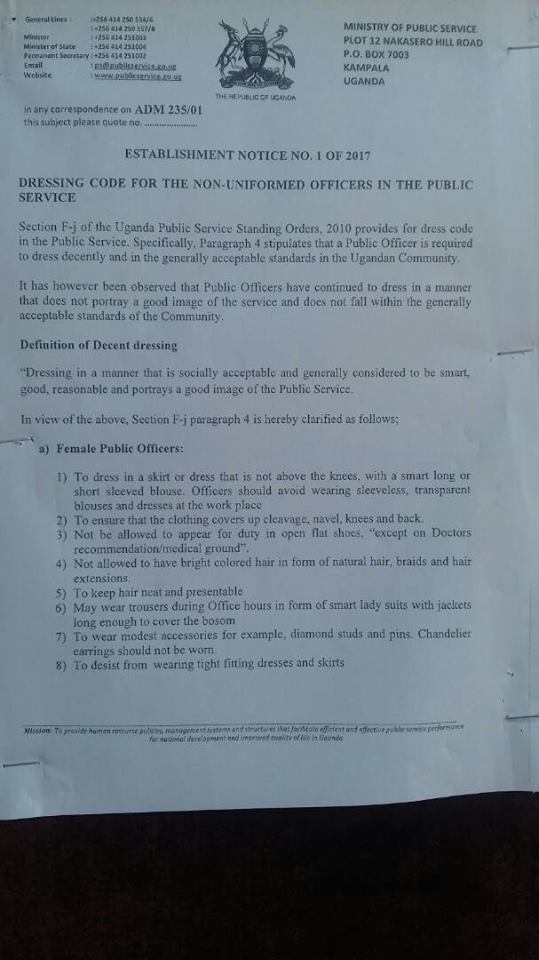Nigeria’s House of Representatives passed a bill governing the country’s energy sector after the Senate did so in May, taking Africa’s top oil producer one step closer to a much-awaited overhaul of the key industry, reports Bloomberg.
The Petroleum Industry Governance Bill now awaits President Muhammadu Buhari’s signing to become law.
The bill will “promote openness and transparency in the industry by clarifying the rules, processes, and procedures that govern the oil and gas sector,” Senate President Bukola Saraki said in a statement Thursday. “After nearly two decades of back-and-forth, near-misses and ‘near-passages’, the 8th National Assembly finally reached a milestone.”
Delays in passing the new laws created a climate of uncertainty that has cost the country as much as $15 billion a year in lost investment, the Petroleum Ministry has said. Lawmakers still need to pass two more pieces of legislation to complete an overhaul that will replace current laws. One focuses on new oil taxes and the other seeks to address longstanding grievances by oil-producing communities in the Niger River delta.
Saraki promised to pass those “very soon.” He said in June that the two related bills would be enacted by last month.
Nigeria holds an average 55 percent stake in joint ventures run by Royal Dutch Shell Plc, Exxon Mobil Corp, Chevron Corp., Total SA and Eni SpA. These account for more than 80 percent of total oil production, which generates at least two-thirds of government revenue.
The West African country pumped 1.68 million barrels of crude per day in December, according to its oil ministry, and is yet to reach full capacity of 2.2 million daily following disruptions caused by militant attacks from 2016.





